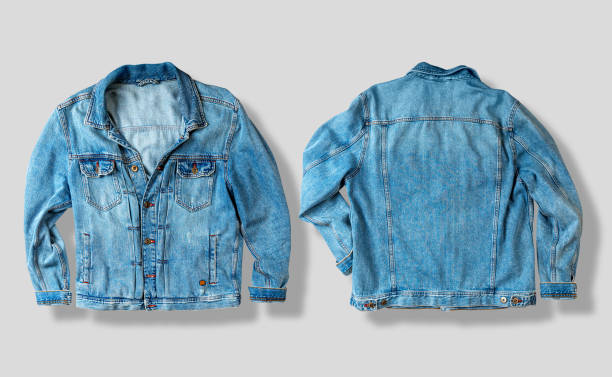Sustainable fashion is a growing movement that addresses the environmental and social impacts of the fashion industry. This article delves into eco-friendly trends in fashion, emphasizing the importance of adopting sustainable practices for a healthier planet.
Understanding Sustainable Fashion

Sustainable fashion refers to clothing designed, manufactured, and distributed in ways that are environmentally friendly and socially responsible. It involves using eco-friendly materials, minimizing waste through innovative design, and ensuring fair labor practices. By prioritizing sustainability, brands can reduce their environmental footprint and contribute to better working conditions in the fashion industry.
Eco-Friendly Materials
One of the core components of sustainable fashion is the use of eco-friendly materials. These are often natural and biodegradable or recycled. Popular materials include organic cotton, bamboo, hemp, and recycled polyester. These materials not only reduce the dependency on non-renewable resources but also lower pollution levels during production. Choosing clothing made from such materials helps consumers reduce their own environmental impact.
Innovative Design and Production Techniques
Designers are now incorporating innovative techniques that minimize waste and maximize resource efficiency. One such approach is the zero-waste design, where patterns are constructed to use every bit of fabric. Another trend is upcycling, which involves creating new garments from old or unsellable stock. These practices not only conserve resources but also add unique value to each piece created. Additionally, production techniques like waterless dyeing and biodegradable packaging further enhance sustainability.
Ethical Labor Practices
Sustainability in fashion also extends to ethical labor practices. This includes ensuring safe working conditions, fair wages, and providing proper employee benefits. Brands committed to ethical labor practices often hold certifications from organizations like Fair Trade and the Better Cotton Initiative. By supporting these brands, consumers can help promote a more humane and fair industry, ensuring that workers are treated with dignity and respect.
Consumer Awareness and Behavior
Consumer behavior plays a crucial role in promoting sustainable fashion. Awareness about the impact of fast fashion and the benefits of sustainable practices encourages more mindful purchasing decisions. Consumers can adopt several beneficial behaviors to support sustainability:
- Buying from brands that practice sustainability
- Choosing quality over quantity to reduce waste
- Supporting second-hand and vintage clothing stores
- Participating in clothing swaps
- Repairing and upcycling old garments
By making informed choices, consumers can drive demand for sustainable fashion and contribute to a more eco-friendly industry.
Conclusion
Sustainable fashion represents a significant shift towards more eco-friendly and ethical practices within the fashion industry. By embracing sustainable materials, innovative design techniques, ethical labor practices, and mindful consumer behavior, we can collectively reduce the environmental and social impact of fashion. Together, these steps can lead to a healthier planet and a more equitable industry.
FAQs
What is sustainable fashion?
Sustainable fashion refers to the creation of clothing in a way that minimizes environmental impact and promotes fair labor practices. It involves using eco-friendly materials and innovative production techniques to reduce waste and pollution.
What materials are considered eco-friendly in sustainable fashion?
Eco-friendly materials in sustainable fashion include organic cotton, bamboo, hemp, and recycled polyester. These materials are natural, biodegradable, and often require fewer resources to produce.
How can consumers support sustainable fashion?
Consumers can support sustainable fashion by purchasing from brands that prioritize sustainability, choosing quality over quantity, buying second-hand, and participating in clothing swaps. Repairing and upcycling old garments are also beneficial practices.
What are some innovative design techniques in sustainable fashion?
Innovative design techniques in sustainable fashion include zero-waste design, which uses all fabric efficiently, and upcycling, which repurposes old or unsellable garments into new creations. These methods help minimize waste and conserve resources.
Why are ethical labor practices important in sustainable fashion?
Ethical labor practices ensure that workers in the fashion industry have safe working conditions, fair wages, and proper benefits. This not only promotes social equity but also enhances the overall sustainability of the industry by valuing human resources.



